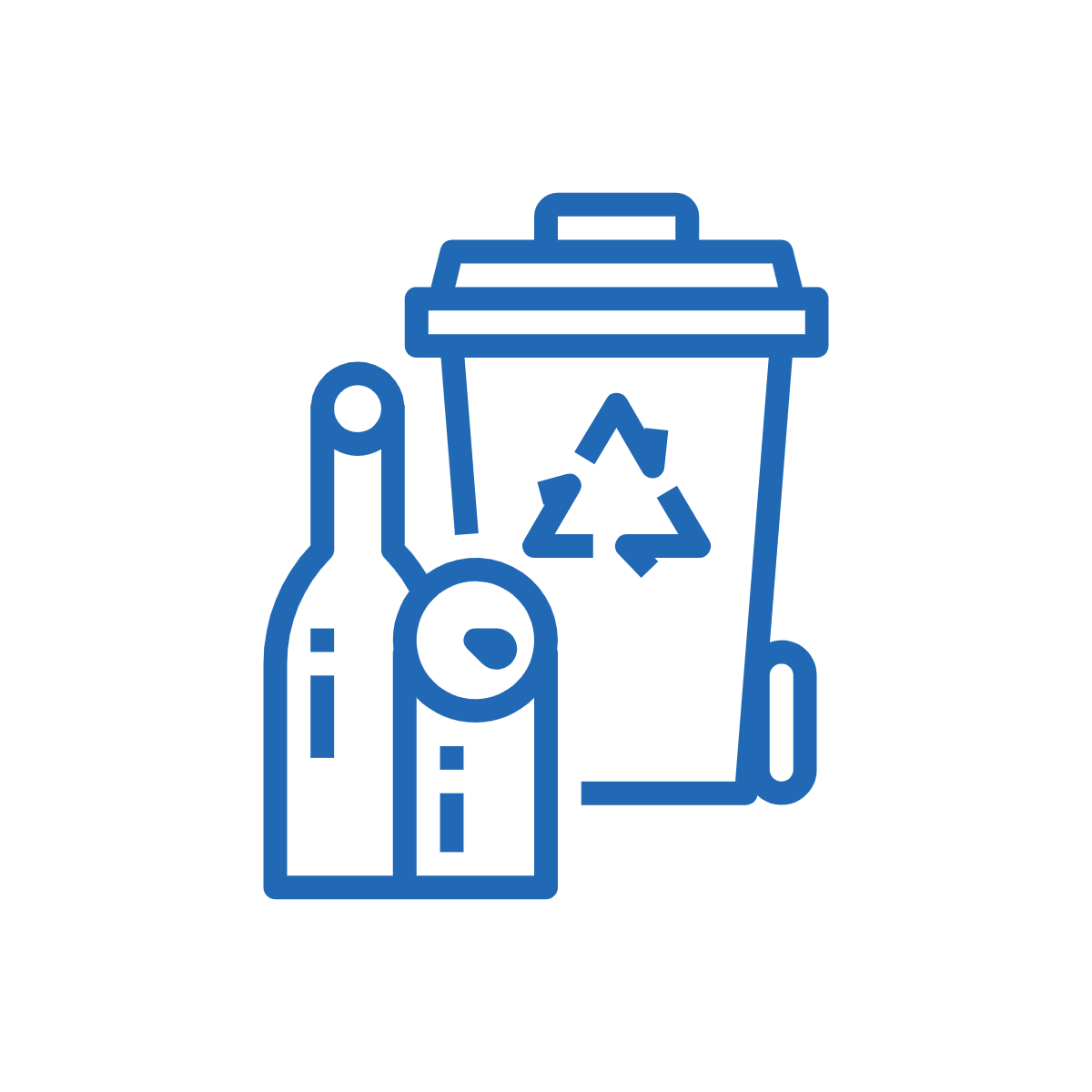Author: Committee on the Human Dimensions of Global Change
Education is thought to be the key to behavioral change, and fundamental in getting people to engage in environmentally significant practices. This document examines the research on the effects of knowledge-based interventions designed to increase residential recycling rates. The knowledge-deficit model for information campaigns is presented, and research on three aspects of the model is summarized. The paper is focused on the specific behavior of recycling, but basic principles discussed are believed to generalize a range of environmentally related activities Additionally, an alternative educational approach focusing on social norms is presented, and some recommendations for implementing normative education programs are provided.
Click here to view the document: Knowledge, Information, and Household Recycling: Examining the Knowledge-Deficit Model of Behavior Change


 NRC Library Categories
NRC Library Categories














